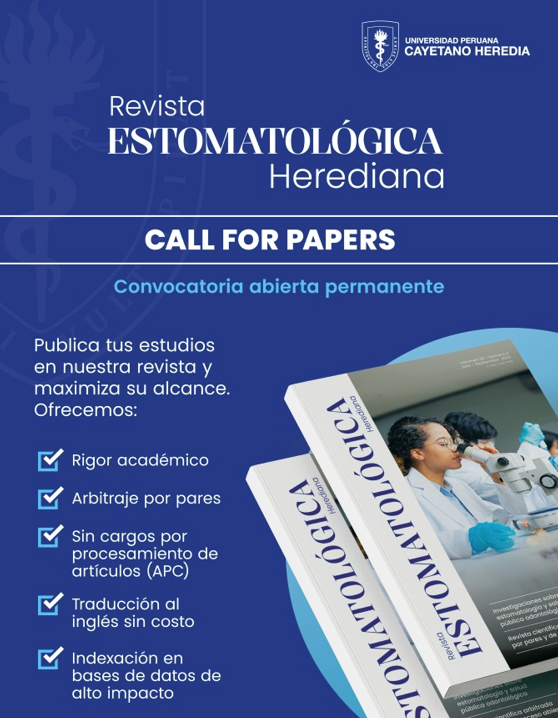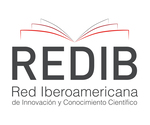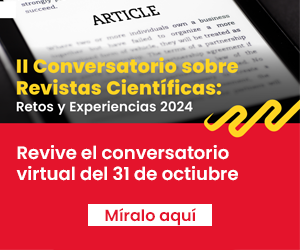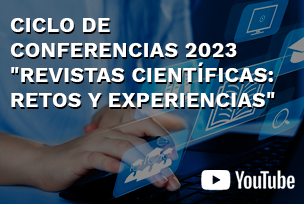Notes on well-being, motivation and job satisfaction of the college professor.
DOI:
https://doi.org/10.20453/reh.v32i4.4385Keywords:
college professor, motivation, well-being, job satisfactionAbstract
The current conditions in which the college professor has to perform are different from the conditions they had before the COVID 19 pandemic, this new scenario could bring changes in their well-being, motivation and job satisfaction that would affect their performance. The purpose of this article is to present some notes on well-being, motivation and job satisfaction of college professor that invite reflection on these aspects and possible alternatives for improvements that allow them to teach in adequate conditions so that they achieve their maximum potential.
Downloads
References
Camacho R, Gaspar M, Rivas C. Síndrome de Burnout y estrés laboral por Covid-19 en docentes universitarios ecuatorianos. Revista GICOS. 2021;6(4): 166-177.
Castillo I, Orozco J, Alvis L. Síndrome de Burnout en el personal médico de una institución prestadora de servicios de salud de Cartagena de Indias. Rev Univ Ind Santander Salud. 2015; 47(2): 187-192.
Gallup. State of the Global Workplace: 2022 Report. Gallup; 2022. (Citado el 10 setiembre del 2022) Disponible en: https://www.gallup.com/workplace/349484/state-of-the-global-workplace-2022-report.aspx
Rodríguez J, Guevara A, Viramontes E. Síndrome de burnout en docentes. IE Rev investig educ REDIECH. 2017; 8(14) :45-67.
Goig R, Martínez I, González D, García JL. Strategies for attention to diversity: Perceptions of secondary school teaching staff. International Journal of Environmental Research and Public Health. 2020; 17(11). DOI: 10.3390/ijerph17113840
Herrera D. Teorías contemporáneas de la motivación: una perspectiva aplicada. Lima: Fondo Editorial de la Pontificia Universidad Católica del Perú; 2013
Franco J. La motivación docente para obtener calidad educativa en instituciones de educación superior. Revista virtual Universidad Católica del Norte. 2021; 64: 151-179.
Órdenes, M. La motivación intrínseca: Un ingrediente esencial para la mejora escolar a escala humana. Santiago de Chile: Universidad Diego Portales; 2019. (Citado el 7 de setiembre del 2022). Disponible en: https://liderazgoeducativo.udp.cl/columnas/la-motivacion-intrinseca-un-ingrediente-esencial-para-la-mejora-escolar-a-escala-humana/
Vargas J. Implicaciones de la teoría motivacional de la Autodeterminación en el ámbito laboral. Nova scientia. 2013; 5(9): 154-175.
Pedraza NA, González AL. Capital humano, aprendizaje, satisfacción y compromiso en el desempeño de instituciones educativas. REV VENEZ GERENC. 2021; 26(96):1019-40. (Citado el 7 de setiembre del 2022). Disponible en: https://produccioncientificaluz.org/index.php/rvg/article/view/36870
Pedraza N. El clima organizacional y su relación con la satisfacción laboral desde la percepción del capital humano. Rev Lasallista Investig. 2018; 15(1): 90-101.
Orozco-Inca E, Jaya-Escobar A, Ramos-Azcuy F, Guerra-Bretaña R. Retos a la gestión de la calidad en las instituciones de educación superior en Ecuador. Educación Médica Superior. 2020; 34 (2) (Citado el 7 de setiembre del 2022). Disponible en: http://www.ems.sld.cu/index.php/ems/article/view/2268
Downloads
Published
How to Cite
Issue
Section
License
The authors retain the copyright and cede to the journal the right of first publication, with the work registered with the Creative Commons License, which allows third parties to use what is published as long as they mention the authorship of the work, and to the first publication in this journal.























